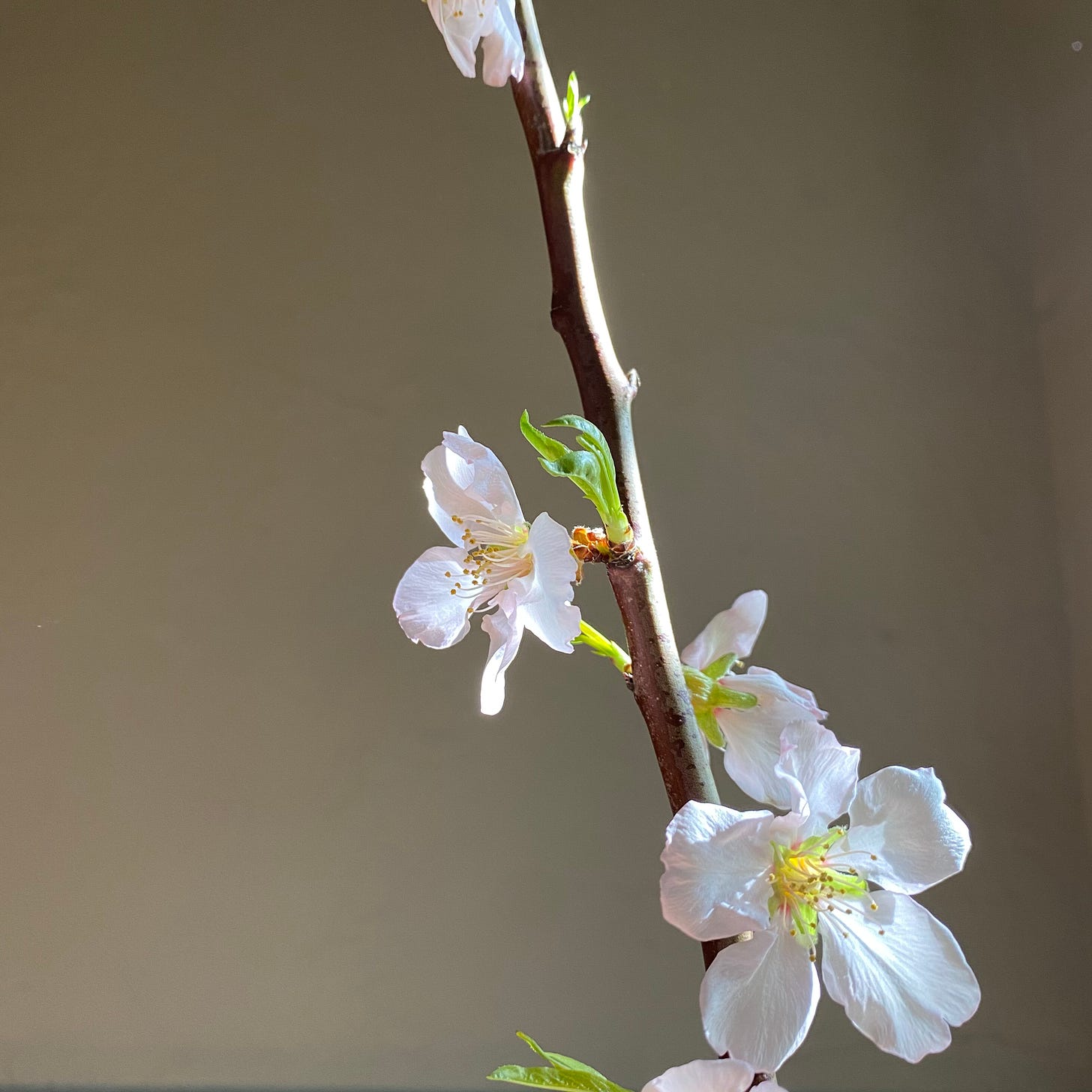Spring Forward
Dear Friends,
It has been a while! Here’s what’s new at MakeKnowledge, and some of what we have been doing and thinking about:
CONSULTING.
We are expanding the consulting work we do with schools and districts on strategic projects, both in California (Northern and Southern) and on the East Coast. Sometimes, this means helping to craft a full strategic plan over a year or more. Other times, it has meant helping a school on a specific strategic project, whether a curriculum innovation, or assessment redesign, or helping schools understand how to build a culture of innovation. Intrigued? Please drop us a line to learn more.
COURSES
Another fun project that has taken shape is a hybrid course we’re developing for adults on the “Ecosystem of Education.” There are already plenty of amazing courses (whether in graduate schools of education, through PD organizations, or even online) that dive into specific topics like classroom techniques, content knowledge, the science of learning, or education policy. This course is something different. It will give participants a broad view of what K-12 education looks like, across all of its diversity in the US and beyond, and across all the fractured systems that sustain it (and sometimes limit it). It’s analogous to an aquatic biology course—not only learning about the individual “species” in the ecosystem, but whole pathways and lifecycles of students, teachers, administrators, and institutions. Stay tuned for more information about how this course might help you or your team find new opportunities for good work. And do reach out if you have questions.
“California is the place where the future is invented.”
Agree with that statement or not, California is the world’s fifth-largest economy, and carries an oversized cultural and economic influence on other states and regions. Last week, California’s Future of Work Commission published its final report on the future of work, entitled “A New Social Compact for Work and Workers.”
It’s far better than what often passes for thought leadership in this space. For one, the people on the Commission represented the diversity of the state. The report is also keenly aware of the challenges of deep inequality here: the first three of the report’s key findings all deal with inequality in some way. The report goes on to call for five big moonshot goals the state should pursue by 2030. The first one goal is a call to guarantee there be enough jobs for all who want to work, and includes specific calls for climate jobs, boosting entrepreneurial job development, and giving assistance to social enterprises that connect people to jobs. Another moonshot aims at creating a “21st-century benefit model and safety net,” which has more training and reskilling implications. Another moonshot concerns what future jobs might be, and making sure the state is rapidly and equitably increasing the number of people in these areas, such as climate resilience, technology, and public health. All of this is very good, assuming that the Governor can take all the momentum the Commission built and translate it into action with a wide variety of public and private stakeholders. And assuming the Governor uses the bully pulpit of his office to spark the public imagination about the needs and possibilities sketched out in the report. There’s plenty of good news in the report for education, broadly speaking. And also plenty of ways education voices should step up to fill in some of the missing details.
The Work of Education
We in schools often forget to think about our work in education as…work. Sometimes our stories are so focused on students (a good thing!) that we don’t think about the quality of our own adult work, interactions, work conditions, and learning.
The COVID pandemic has stretched so many of us in so many ways, and caused new mental health stressors for our students, families, and for our school staff, too. Here’s a very helpful article on mental health at work from Jen Dennard, who some of you remember from our 2020 Future of Work and Education conference.
We are starting to hear about people not returning to school, as schools reopen now, or in the fall. This includes teachers, and even some students.
Just how long is “too long” to stay in a job? This three-minute video, from Bloomberg Beta’s Roy Bahat (another friend of our 2020 conference) and Minn Kim, gives great advice, even if not education-specific.
Briefly noted:
For some Black students, remote learning has been a positive change.
Over in the Atlantic, Caitlin Flanagan’s recent article “Private Schools are Indefensible” has been getting a lot of attention, and some strong opinions.
Education & Work (& Connection & Love)
Perhaps as an antidote to the adult culture described in Caitlin Flanagan’s Atlantic article, Sarah Jaffe’s “Work Won’t Love You Back” (2021) could make for a good summer reading for your broader school community. If we tell ourselves that education’s goal is to get people to gainful employment, then what happens when work doesn’t love you back?
Jaffe concludes her book with these profound meditations:
This is what being alive is. It’s your heart pounding in your chest because of a text, the up-and-down swing that you get from connection and then loneliness. The work itself only matters as a way to connect. All of the labors of love…are really at bottom attempts to connect with other people.
and
if there is one thing worth doing with our brief, flickering lives on this dying planet, it is loving other people, attempting to understand them across a space of difference that will always contain mystery no matter how well you think you know someone.
To us, that is not a bad aim for education.




